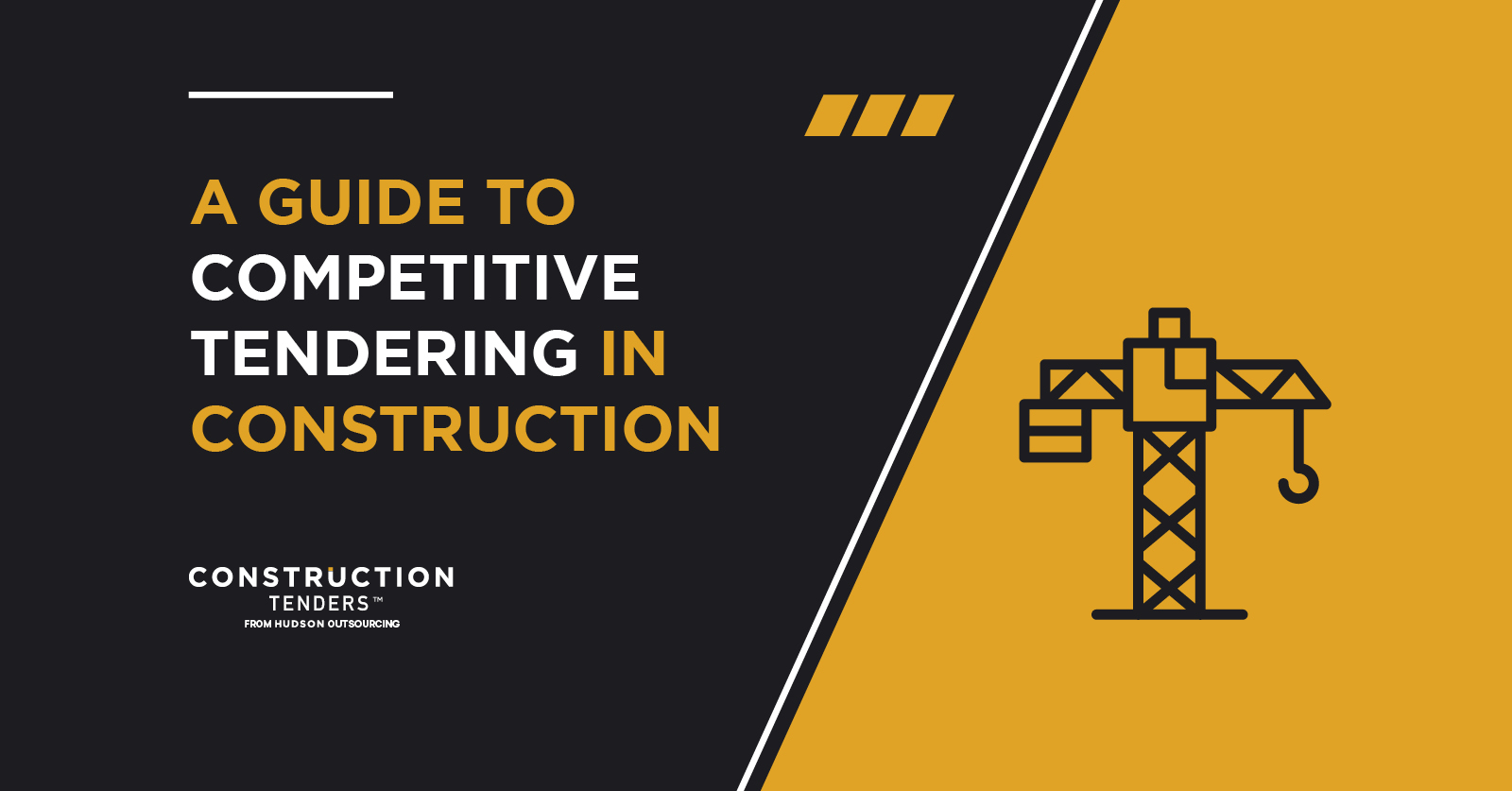Procurement is a critical element in construction projects, encompassing the process of sourcing and acquiring materials, equipment, and services necessary to complete a project. Selecting the right procurement method can significantly impact a project’s cost, timeline, and quality. In this guide, we’ll explore the fundamentals of procurement in construction, common challenges, procurement methods, and best practices for a successful project.
What is Procurement in Construction?
- Procurement in construction refers to the strategic process of acquiring materials, resources, and subcontractors for a project. It involves planning, sourcing, and managing vendors and suppliers to meet the project’s budget, quality, and time requirements. Proper procurement ensures that the project remains on schedule and within budget while meeting quality standards.
Common Procurement Methods in Construction
- Traditional Procurement: Also known as Design-Bid-Build, this method involves separating the design and construction phases. The client first hires a designer, then selects a contractor through a competitive bidding process. This method provides clarity but can lead to longer project timelines.
- Design and Build: In this approach, a single contractor is responsible for both the design and construction, promoting collaboration and faster project delivery. It’s ideal for clients who prefer a streamlined process and a single point of contact.
- Construction Management: The client hires a construction manager who oversees the project and coordinates various contractors. This method is often used in complex projects that require specialized expertise.
- Integrated Project Delivery (IPD): IPD is a collaborative approach where all parties—client, contractor, designers—work together from the start, sharing risks and rewards. This method promotes transparency and can lead to innovative solutions.
- Public-Private Partnership (PPP): Commonly used for large-scale public projects, PPP involves collaboration between government and private contractors, sharing both the costs and responsibilities.
Challenges in Construction Procurement
- Supply Chain Disruptions: External factors like economic shifts, material shortages, and geopolitical issues can disrupt supply chains, leading to delays.
- Cost Fluctuations: Price volatility, particularly for raw materials like steel and concrete, can impact project budgets.
- Quality Control: Balancing quality with cost-efficiency is often challenging, especially when working with multiple suppliers.
- Compliance and Regulations: Construction projects must adhere to local and international regulations, which can vary and impact procurement decisions.
- Communication Gaps: Miscommunication between stakeholders, such as designers, suppliers, and contractors, can lead to errors, delays, or rework.
Best Practices for Effective Procurement in Construction
- Conduct Thorough Market Research: Research suppliers and materials to identify potential risks and opportunities. This can help you find reliable vendors and anticipate cost fluctuations.
- Use Technology for Efficiency: Implement procurement software to streamline the tendering, sourcing, and management process. This can improve data accuracy and transparency, enabling better decision-making.
- Establish Clear Communication Channels: Ensure clear, consistent communication among all stakeholders to avoid misunderstandings and foster collaboration.
- Prioritize Sustainable Sourcing: Opt for sustainable materials and suppliers to reduce environmental impact and meet regulatory standards.
- Develop Risk Mitigation Strategies: Have contingency plans for common risks, such as supply chain disruptions and cost changes. Consider fixed-price contracts or bulk-buying agreements to manage cost stability.
Procurement is a vital component of a successful construction project. By selecting the right procurement method, anticipating challenges, and implementing best practices, you can ensure your project runs smoothly and efficiently. From traditional methods to collaborative approaches like IPD, understanding each option’s advantages and challenges can help you make informed decisions.
Need help with your construction procurement process? Contact our team for expert advice on procurement strategies, supplier selection, and risk management tailored to your project needs. Let’s ensure your next project is completed on time, within budget, and with the highest quality.
Related Blog: 5 Reasons Why You Aren’t Winning Tenders for Roofing Work
